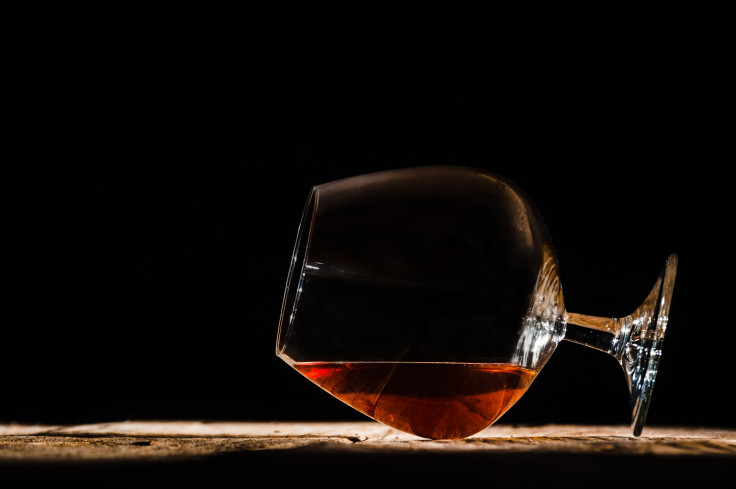New York Becomes Latest State To Ban Powdered Alcohol Over Underage Drinking Concerns

Powdered alcohol, if you haven’t already heard, is a very real thing. Unfortunately, the innovative product may have some trouble selling given it's been banned in 21 states including, most recently, New York.
Although the powdered alcohol bans began back in 2014, Gov. Andrew Cuomo (D-N.Y.) just banned the product Friday. He said in a statement that powdered alcohol can easily lead to dangerous levels of intoxication if it is ingested in its powdered form, or mixed incorrectly. "This dangerous product is a public health disaster waiting to happen,” Cuomo added.
The governor's office is proud of this new legislation, confident it will "keep powdered alcohol off the shelves and out of the wrong hands.” But Mark Phillips, the creator of "Palcohol," disagrees. Phillips is working hard to reverse these bans as he believes his product is actually safer to consume than normal liquid alcohol.
"Palcohol is not some super concentrated version of alcohol. It's simply one shot of alcohol in powdered form," Phillips said in a video explainer of the product. "When I hike, kayak, backpack whatever. I like to have a drink when I reach my destination. Carrying liquid alcohol and mixers in bottles to make a margarita, for example, was totally impractical." If all goes according to Phillips' plan, Palcohol will be on as many shelves as possible by the end of the summer.
The idea for powdered or freeze-dried alcohol has been around for decades, but it wasn't until earlier this year the Treasury Department’s Alcohol and Tobacco Tax Trade Bureau (TTB) approved the labels on Palcohol. This is typically the last step before products can be sold in stores.
States, however, haven’t been entirely cooperative. Fears that powdered alcohol will only worsen underage and binge-drinking inspires selling restrictions. The Food and Drug Administration (FDA) said in March that it does not have "legal basis" to prevent Palcohol from entering the market, especially since the TTB has the final say.
However, the two groups have consulted about Phillips' non-alcohol ingredients.
"The FDA concluded that the use of ingredients in the proposed products was in compliance with FDA’s regulations," the agency said in a statement. "The agency notes that the ingredients used in the products are typical of ingredients found in many processed foods."
Which, we have to admit, may not be the way to change states' minds.



























